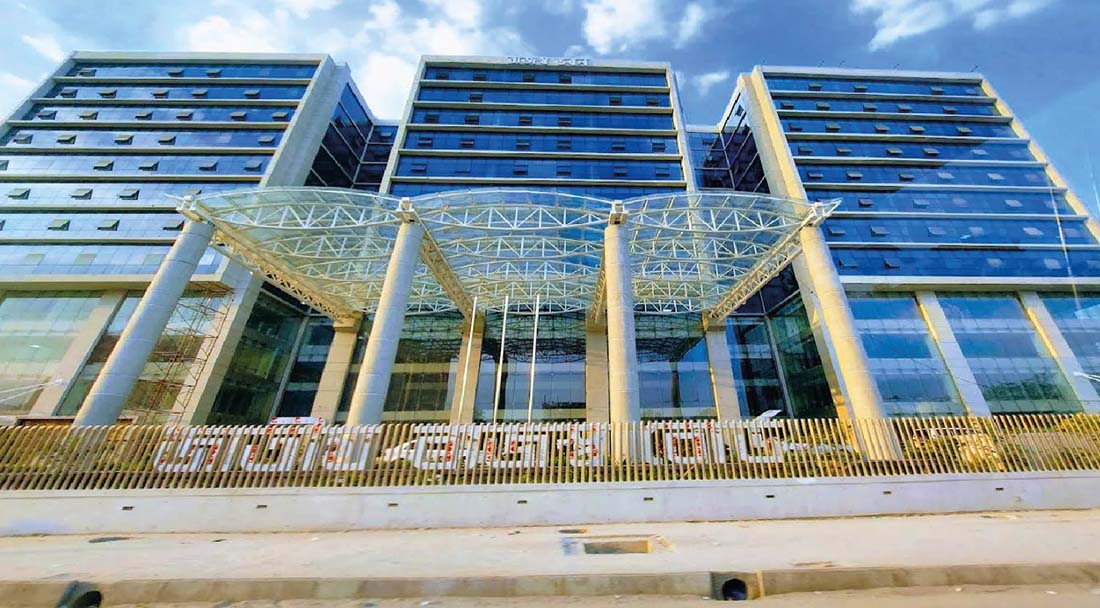The government has raised VAT and extra levies on more than a hundred products and services. Over a hundred products and services will be subject to higher Value Added Tax (VAT) and extra levies in fiscal year 2024-25. As a result, the prices of these goods and services will increase.
The government has raised: This could boost average people’s daily living expenses. For example, the increase in extra levies on mobile phone services will raise the cost of making calls and using the internet. Similarly, clothes and restaurant prices may rise.
Sweets, pharmaceuticals, LPG gas, fruit juices, drinks, cookies, eyeglass frames, cigarettes, and other things are also on the list of commodities that would see price increases.
Two ordinances addressing this issue were issued Thursday night. The two ordinances are the Value Added Tax and Supplementary Duty (Amendment) Ordinance 2025 and the Excise and Salt (Amendment) Ordinance 2025. Following the issuance of these ordinances, the VAT division of the National Board of Revenue (NBR) published relevant instructions. As a result, the amendments mandated by these ordinances went into force immediately.
Earlier, on January 1, the current interim government’s Advisory Council approved the NBR’s plan to hike VAT and supplemental levies at a meeting. The proposal was released in the form of an ordinance after being reviewed by the Ministry of Law and approved by the Chief Adviser and the President. Because the National Parliament is not in session, the government has made the choice to raise taxes and duties through ordinance.
It has been revealed that the decision to raise taxes and tariffs on over a hundred products and services was made as part of the terms of loans from the International Monetary Fund (IMF).
Where Costs Will Increase
Previously, there was a 20% extra duty on the use of mobile phone SIM or recharge cards. This has now risen to 23%. As a result, the cost of calling and accessing the internet will increase.
Furthermore, the VAT on bills at branded retailers and outlets selling ready-made clothing has been hiked from 7.5% to 15%. Furthermore, the VAT rate for all sorts of restaurants has been increased from 5% to 15%.
Items subject to increased taxes and duties include tissues, cigarettes, nuts, mangoes, oranges, grapes, apples, pears, fruit juices, any type of fresh fruit, paints, detergents, liquor bills, potato flakes, plastic and metal frames for glasses, reading glasses, sunglasses, electric transformers and the oil used in them, electricity poles, CR coils, GI wires, and more. Additionally, travel taxes have been increased.
According to Dr. Mustafizur Rahman, Distinguished Fellow at the independent research organization Center for Policy Dialogue (CPD), such tax increases have been introduced during a period of rising inflation in the country. High inflation has made it difficult for not only low-income and marginalized people, but also the middle class, to cope. The introduction of new taxes and tariffs will place an additional strain on certain segments of the population.
The government has raised.. The government has raised… The government has raised… The government has raised…


